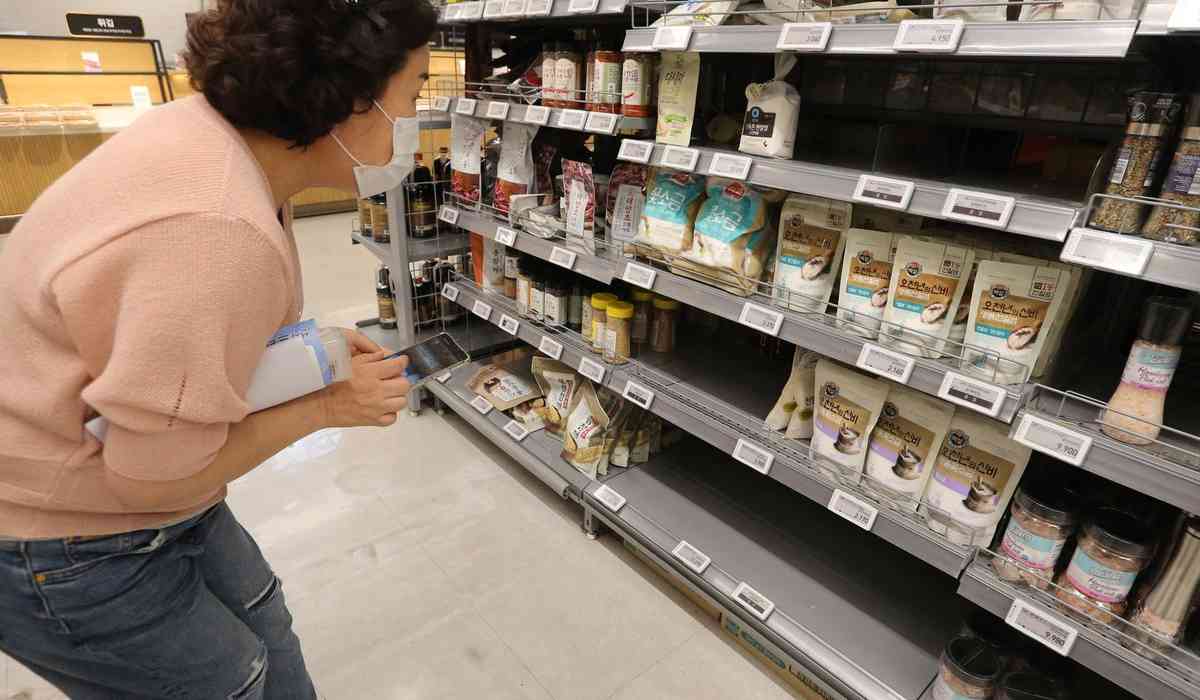South Korean shoppers are buying up sea salt and other products in response to growing concerns about the safety of their food and water, as Japan gears up to discharge over 1 million metric tonnes of treated radioactive water from the Fukushima Daiichi nuclear power plant into the Pacific Ocean. Japanese officials have said that the water has been filtered to remove most radioactive isotopes, but it still contains trace amounts of tritium, which is a difficult-to-remove isotope of hydrogen. Despite these assurances, fishermen and shoppers in Japan and the surrounding region are still concerned about the safety of the water.
South Korea's salt prices have increased by nearly 27% in June from two months ago, due to a combination of factors including the rush to stock up, unfavourable weather conditions, and lower production. The government is releasing about 50 metric tons of salt from its reserves daily at a 20% discount from market prices until July 11, in response to the concerns of shoppers. South Korea's fisheries authorities will monitor salt farms closely for any signs of radioactive contamination. The country has banned seafood from the waters near Fukushima, Japan, due to concerns about radiation.
© Copyright 2023. All Rights Reserved Powered by Vygr Media.
























